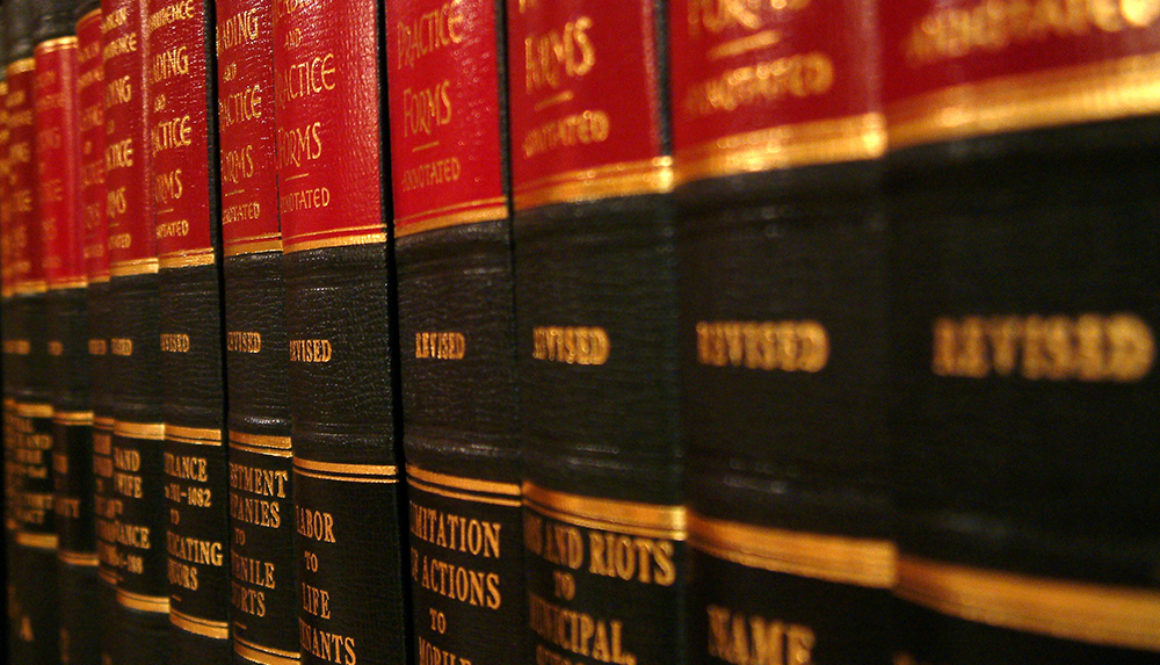ECHR decision in Michaud v. France
The ECHR held unanimously on 6 December 2012, that the obligation on lawyers to report suspicions in the context of the fight against money laundering does not interfere disproportionately with professional privilege. The case was brought by a French member of the Paris Bar who argued that the obligation to report suspicions was incompatible with the principles of protection of lawyer-client relations and respect for professional confidentiality.
The full press release (in English) and the decision (in French) is at http://hudoc.echr.coe.int/sites/eng-press/pages/search.aspx?i=003-4185769-4956436.
As this is a Chamber judgment, it is not final as any party may, in the three months after delivery, request that the case be referred to the Grand Chamber of the Court.
The original application was lodged in January 2011 and there has been considerable interest in the case. The CCBE, amongst others, were granted leave to submit written observations as third party interveners.
The case relates specifically to French lawyers, but it is relevant as it stressed the importance of confidentiality and of legal professional privilege. At the same time, the Court considered the obligation to report suspicions was necessary in pursuit of the legitimate aim of prevention of disorder or crime, since it was intended to combat money laundering and related criminal offences. The Court gave careful consideration to the European money laundering directives, article 8 of the European Convention on Human Rights and the importance of the confidentiality of lawyer-client relations and of legal professional privilege.
The Court held that the obligation to report, as implemented in France, did not interfere disproportionately with legal professional privilege since lawyers were not subject to the requirement when defending litigants and there was a filter put in place by the legislation ensuring that the lawyers submit their reports to the president of their Bar Association and not to the authorities.
Although the regimes are not identical, as the UK legislation goes further than the French legislation, the decision is of interest as it maintains the status quo and reinforces that lawyers are gatekeepers and must report in certain circumstances. However, subject to those obligations, confidentiality and legal professional privilege remain fundamental principles on which the administration of justice in a democratic society is based.

